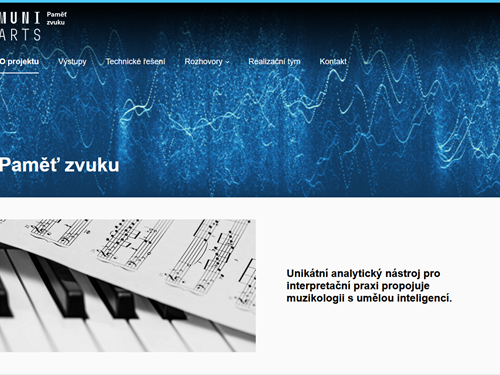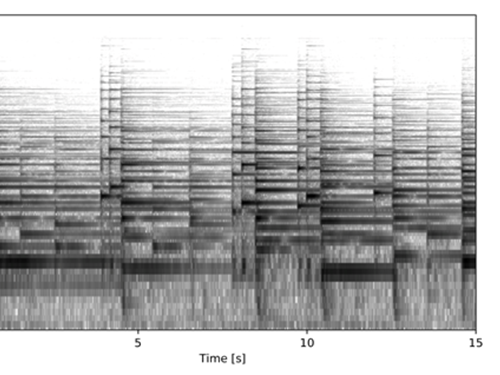Hudební data a jejich zpracování
Most scholarly work in the humanities is increasingly driven by digital technologies. Musicology is no exception, and the field is undergoing a similar evolution as all humanities disciplines. Technology, especially the internet, has radically changed the way we access data, but also how we can make research results available to others.
Researchers in musicology draw on a wide range of materials in their work. Most of the material for the study of music throughout history consists of manuscript and printed sources such as musical notation, librettos, and inventories of various kinds. In contrast, in the case of contemporary music or folk songs, sound recordings on various types of media are already available.
In the past, gaining access to these materials has been difficult and time-consuming for musicologists, which has greatly limited the scope of research and led to a rather meticulous examination of a limited set of sources.
This approach has gradually changed with the advent of digital technologies. Nowadays, collections are often digitised and published online, making it much easier for musicologists to access them. Thus, musicological digital projects that are concerned with the analysis of the music recording itself have simplified access to music in digital form.
Musical data tools
- Sonic Visualiser Sonic Visualiser is a free open source application for detailed study of music recordings.

